MC-Bauchemie offers versatile coating systems for corrosion protection
By Edit Team | December 18, 2014 6:38 am SHARE
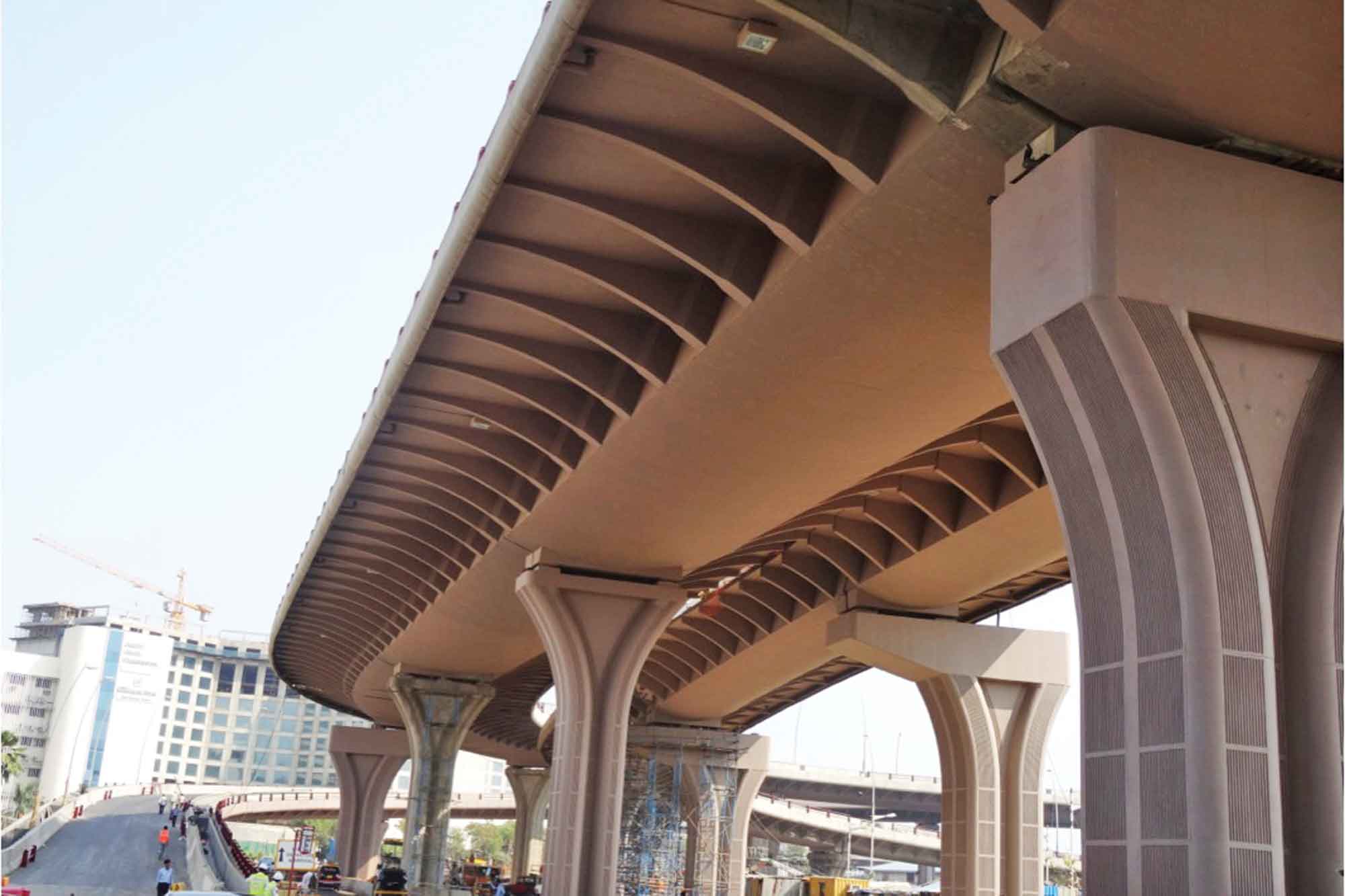
The construction chemicals industry generally caters to the chemicals used for coatings of concrete structures, either new or repaired. Concrete coatings form a part of waterproofing systems, floorings as well as anti-carbonation protective coating systems. These coatings help to protect concrete and therefore prevent corrosion of reinforcement in all types of concrete structures.
Today the keywords in construction industry are durability and sustainability. Concrete structures are being designed with a 100-150 years design life (infrastructure and metro projects). This kind of design lifecycles can only be achieved if concrete is protected with the correct protective systems. In our experience, our coating systems themselves have shown a life in excess of 15 years on some structures. If the coating can last that long, the structure it protects can have a virtually inexhaustible design life.
Systems for protection coatings
MC-Bauchemie offers the following coating systems to safeguard concrete structures against corrosion:
• Thick coatings (1-2 mm): These are breathable waterproof cementitious polymer modified coatings. MC-Bauchemie product systems include Zentrifix Elastic, Dichtament DS-flex and the crystallisation based Dichtament DS2 system. Application areas include marine structures, wastewater treatment structures, wet areas in bathrooms and building construction, terraces, interior walls of water tanks, etc.
• Elastic-Elastomeric coatings (200-300 micron thickness): These are anti-carbonation, breathable, crack bridging, UV resistant. The company has EmceColor-flex and Betonflair systems to offer in this segment. Application areas include exposed concrete structures like bridges, power plants, fair face finished building walls, external faces of water tanks, etc.
• Breathable hydrophobic impregnation coatings: These are based on silicone, silane-siloxane. The company offers Nisiwa SH, Emcephob SX, Emcephob AC and the Betonflair CT System. Application areas include masonry facades, natural stone facades, decorative plasters, low abrasion resistant floors, etc.
• Resin based coatings: In this category, the company’s product systems include the MC-DUR range of epoxy coatings for a variety of purposes.
Applications areas include high chemical resistant concrete applications, low ph concrete applications, etc. where there is no water movement / osmosis.
Benefits
The application of protective coating is an attempt to increase the effective cover of concrete in terms of both quality and quantity. By virtue of their formulations, anti-carbonation protective coatings provide the protection quotient of meters of concrete cover in a very thin layer. Therefore the principle of equivalent cover is very valuable both in repair strategies and even to safeguard new structures that have a very long design life.
Several benefits can be obtained by incorporating the surface treatments in a well-designed manner right from conception of project. Although the main function of any surface protectant is moisture ingress control, the coatings can also be designed for resisting chemicals, chlorides, diffusivity of carbon dioxide, sulphur dioxide and oxygen. Root and vegetation growth can be prevented in concretes under damp conditions.
Another benefit, these protective coatings provide is equivalent cover to concrete. For example, MC’s Zentrifix-elastic at 2mm thickness provides a cover equivalent to 72 cm of well-compacted M30 Concrete. Our EmceColor-flex system at 331 micron thickness provides a cover equivalent to 74 cm of well-compacted M30 Concrete. The application of these materials in terms of waterproofing or protective systems thus becomes imperative.
Authored by-
Sunny Surlakar,
Head – Admixtures Division,
Mc-Bauchemie India Pvt. Ltd.
Cookie Consent
We use cookies to personalize your experience. By continuing to visit this website you agree to our Terms & Conditions, Privacy Policy and Cookie Policy.




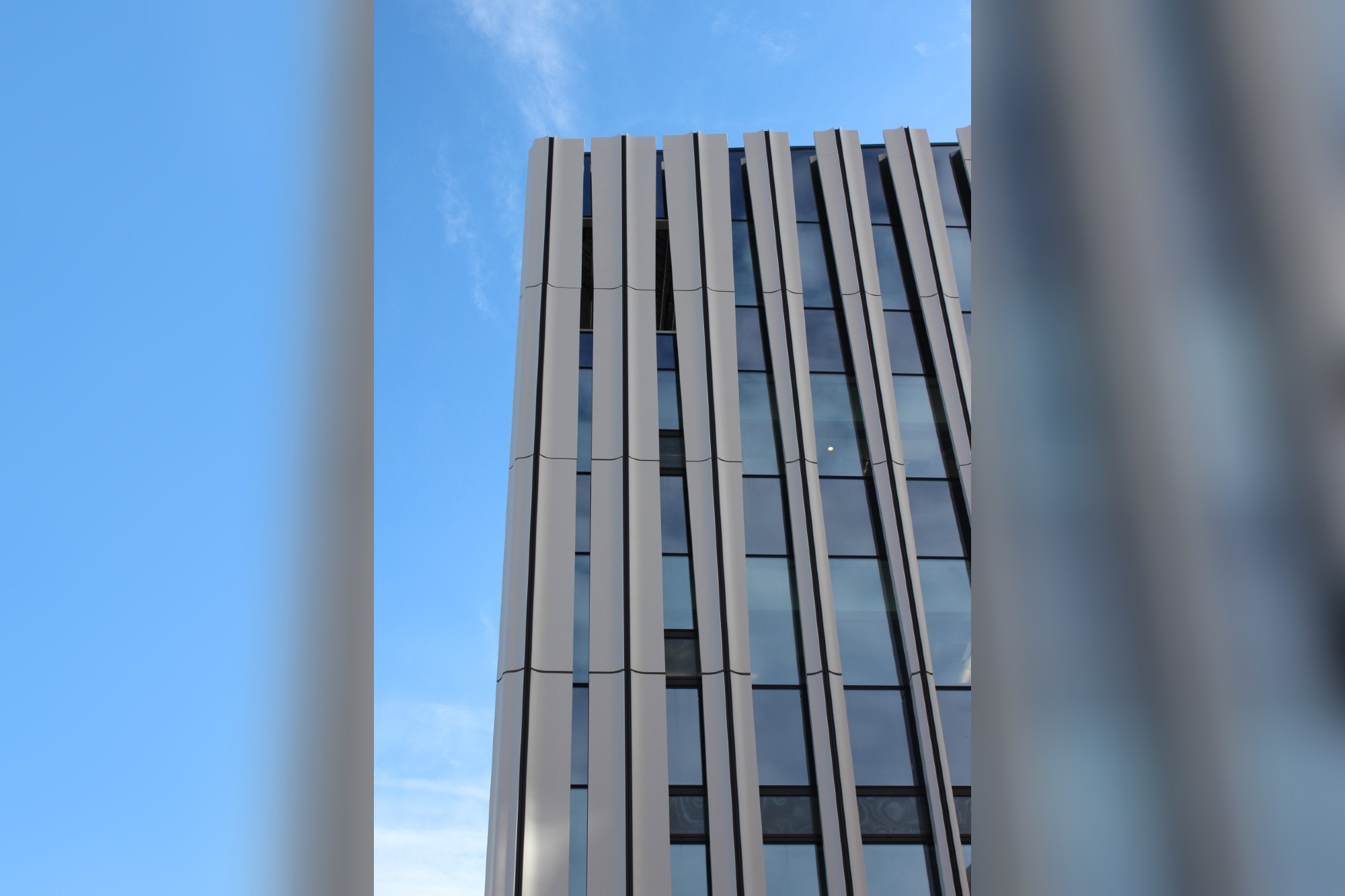
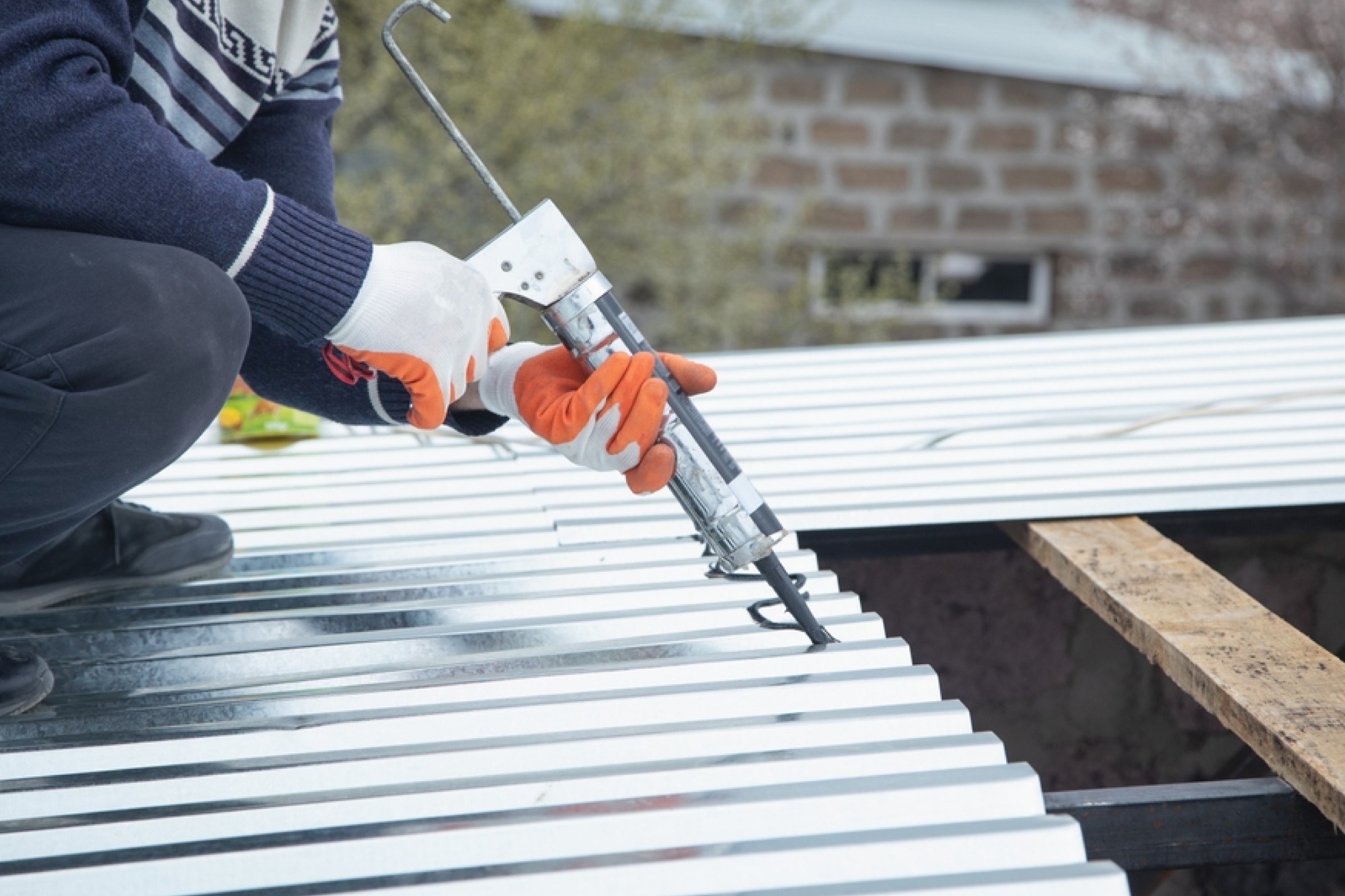

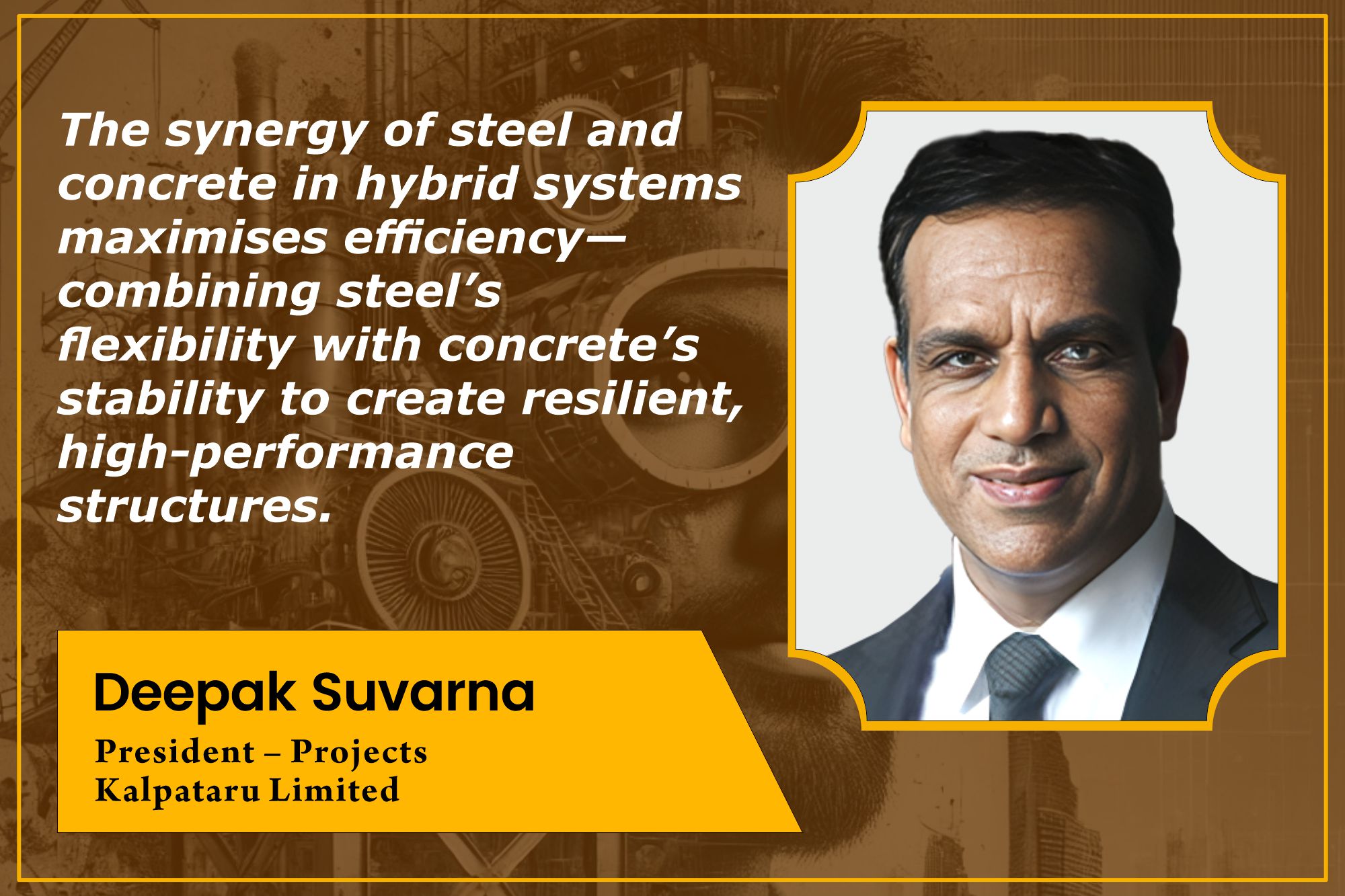
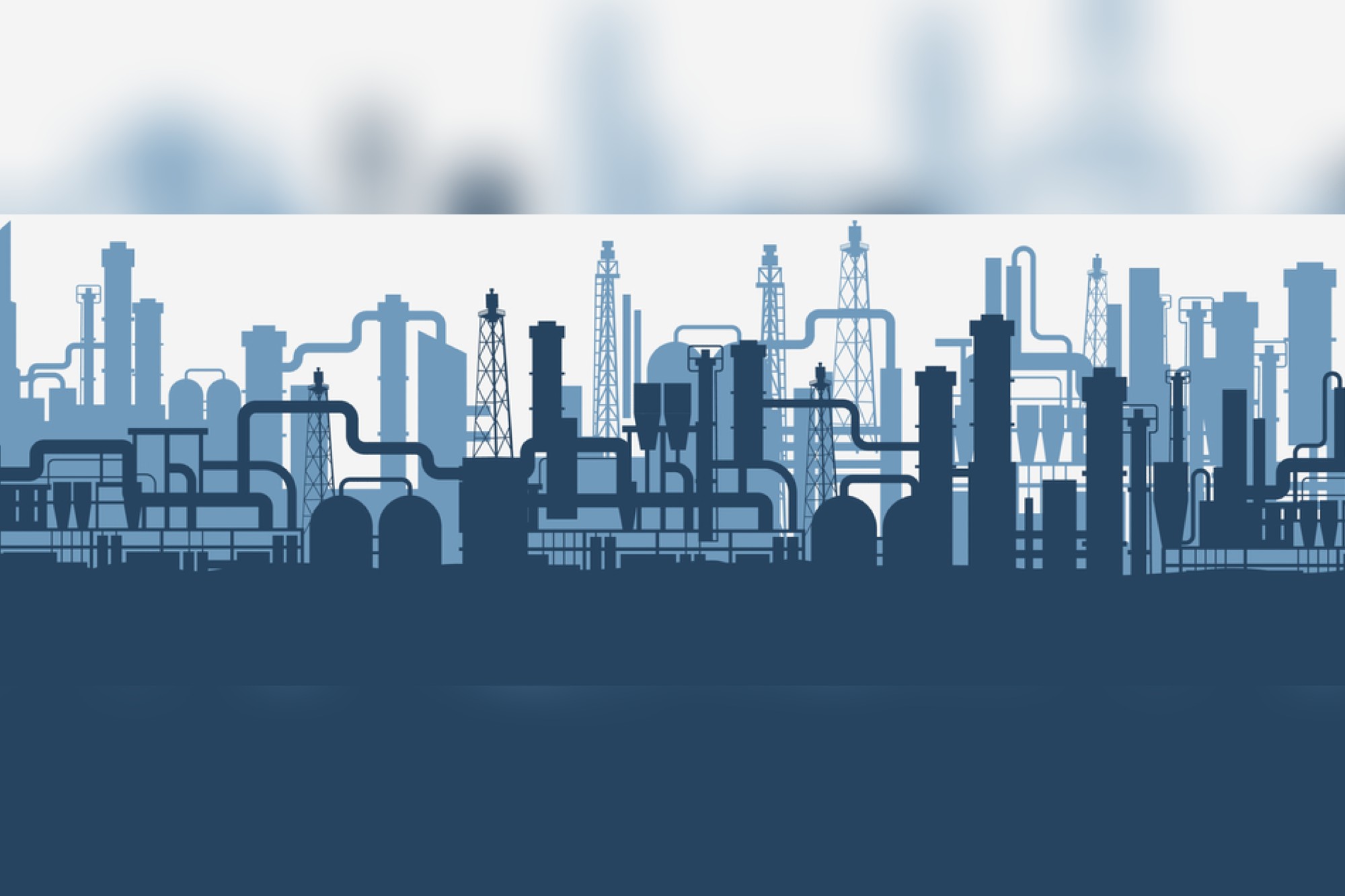



























-20240213125207.png)

























